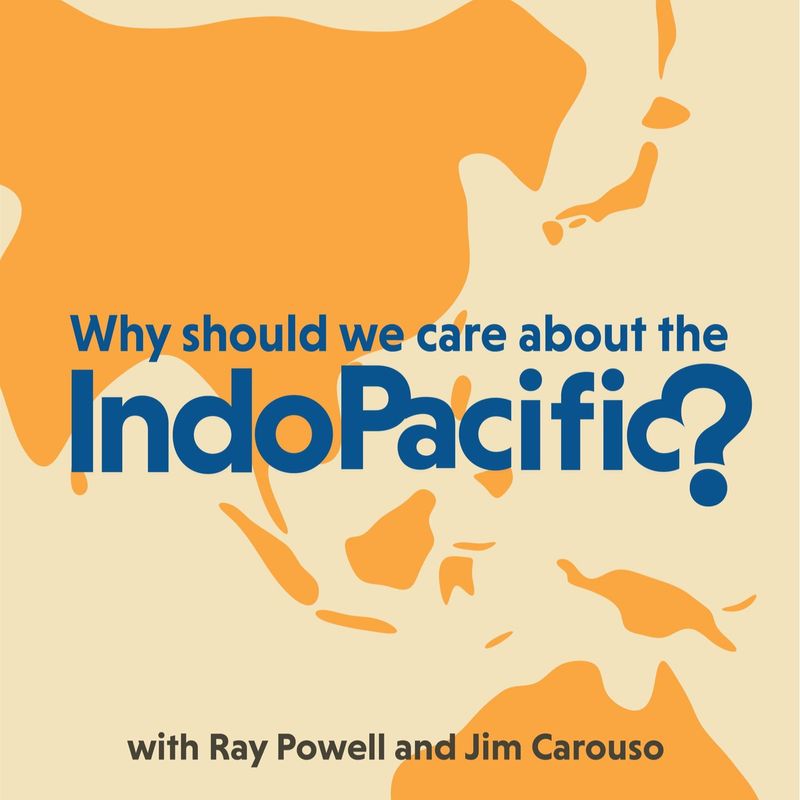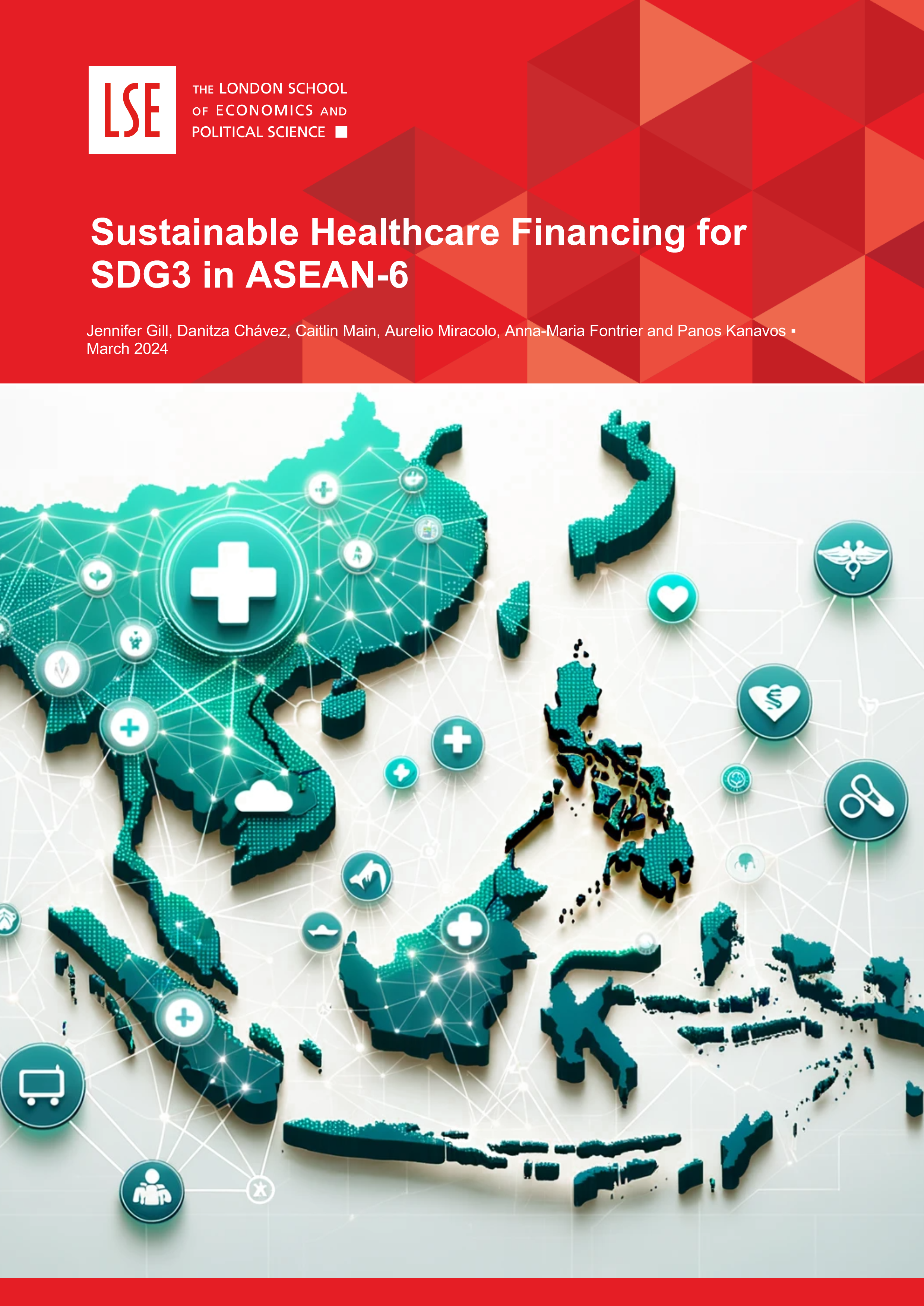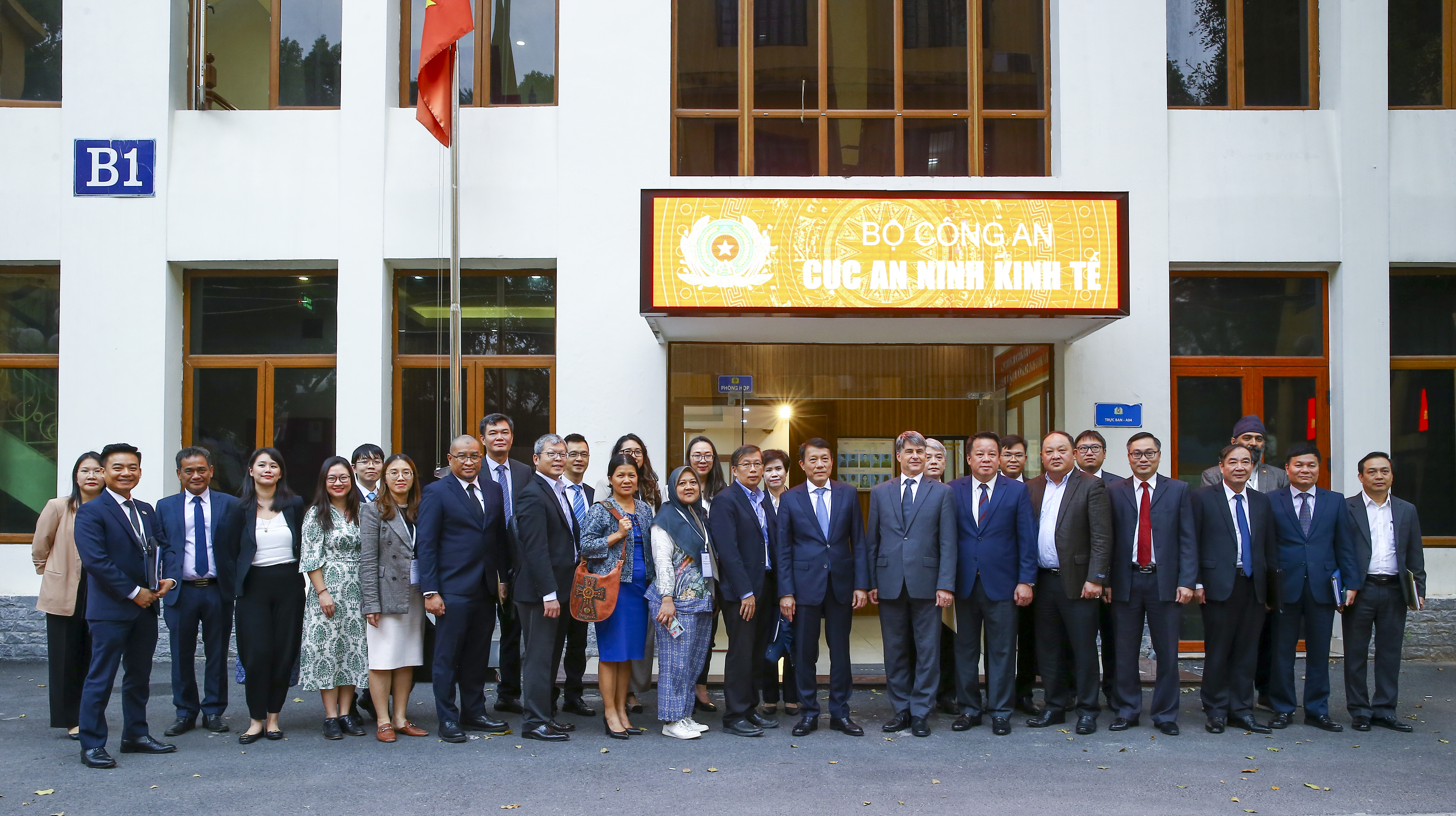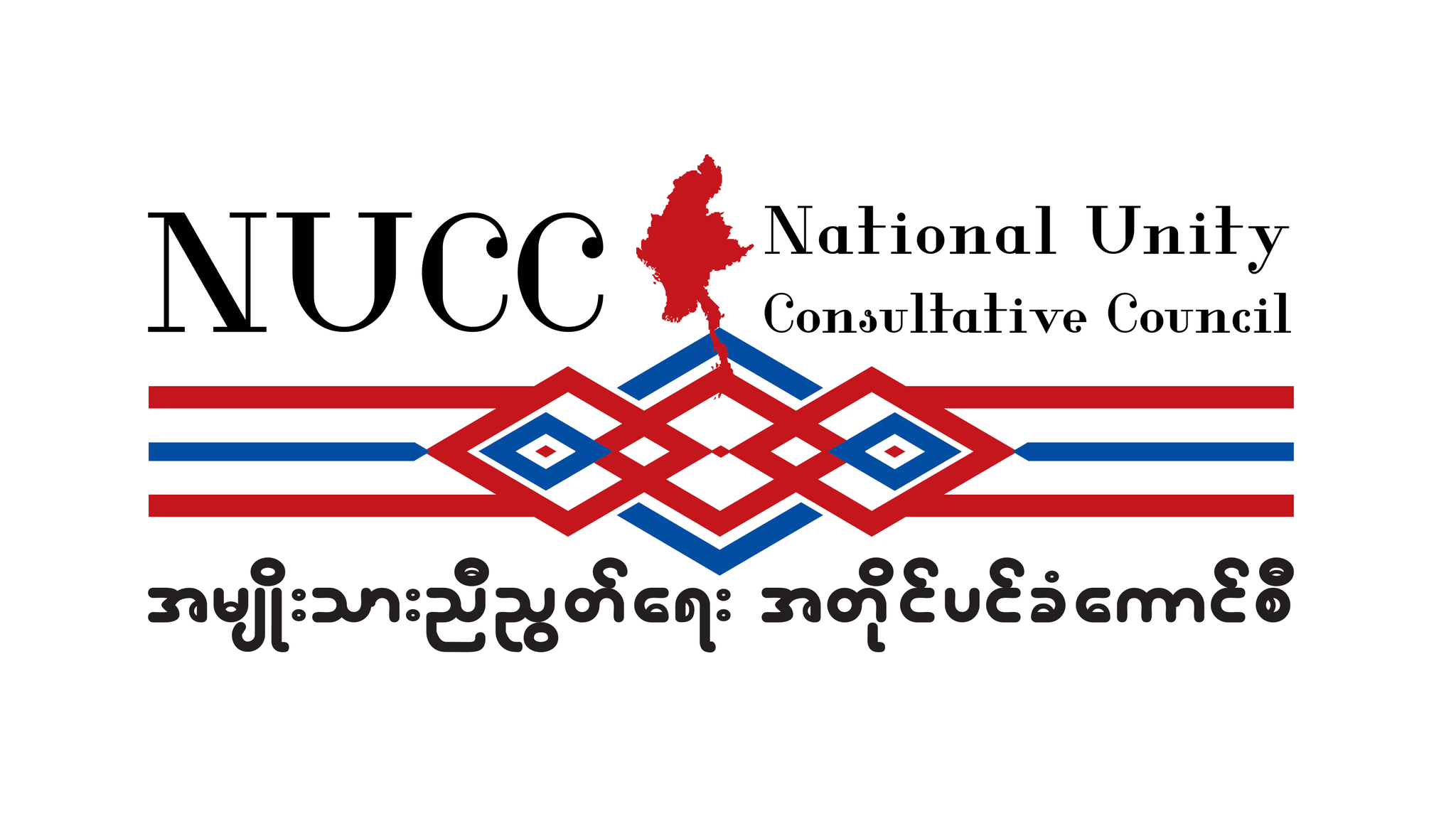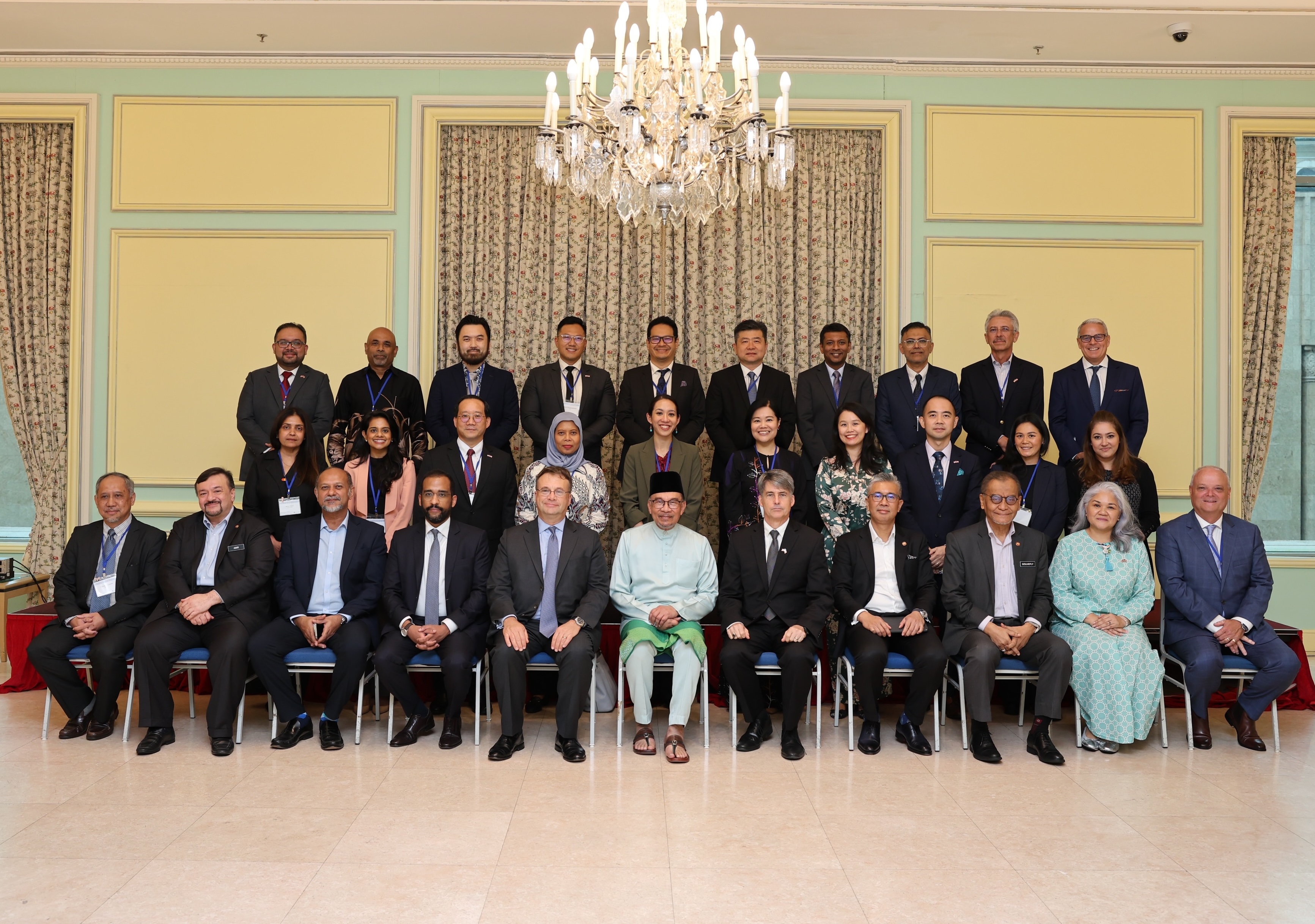Tackling the Digital Divide of ASEAN SMEs Through the Digital Economy

The internet is an advantageous technology that SMEs can utilize to increase customers’ awareness of their business without having to rely only on word of mouth. Online presence, online reviews, and websites are among the positive outcomes of the digital economy that enable SMEs to attract more customers. Despite the apparent benefits, challenges exist for SMEs to develop in the competitive environment of the digital economy. Particularly in Southeast Asia, the main obstacle that needs to be acknowledged and overcome to help SMEs digitize is the digital divide.
Digital divide is the term that is used to describe the disparity of digital usage in Southeast Asian countries. According to research by Ha and Chuah, the population that uses the internet in Singapore, Malaysia, and Thailand is 80% of the population. That number is significantly higher than the number of internet users within Cambodia, Laos, and Myanmar with only 50% of the population utilizing the internet. Apart from the technology infrastructure itself, the current human capital development with relevant skills and expertise in each country may also partake as an aspect of the digital divide. The digital divide is also highly correlated with the skills shortage of talent in the region, since the human resources with adequate digital skills are quite limited. As most SME owners or workers are not familiar with digital tools and are not equipped with the necessary digital skills, it is difficult for them to fully transition into the digital economy. Therefore, the overall competitiveness of ASEAN SMEs also decreased due to the digital divide. Thus, tackling it would be essential to ensure that SMEs can fully adapt to the digital economy.
Collaborative actions between the government, NGOs, and private sectors are needed to lower the digital divide in these 2 crucial aspects: provide adequate infrastructure support and transfer of knowledge from experts to SMEs. Infrastructure support can be in the form of two initiatives: digital device support both hardware and software, also through accommodating policies for SMEs to transition towards the digital economy. Accommodating policies such as providing initial financial support for SMEs that embrace digital transformation can further encourage the adoption rate of the digital economy by SMEs. The transfer of knowledge initiatives can be conducted in the form of extensive training for SMEs across Southeast Asia. This way, interactions and business activities can be expanded outside their own respective region. For instance, proper infrastructure support can give a chance for SMEs in Cambodia, Laos, and Myanmar to be more competitive with the SMEs in Singapore, Malaysia, and Thailand. By doing so, the number of population and SMEs with competency in technology will increase. With the successful implementation of infrastructure support and training for SMEs in the region, the competitiveness of these SMEs hopefully will also be enhanced and making them more prepared to be competitive in a digital economy ecosystem.



